Saamarthya Teachers Training Academy of Research (STTAR) is a collaborative effort between Orden Technical Services Pvt Ltd (OTSPL) and Jaipuria School of Business (JSB). OTSPL specializes in providing ERP, Information technology, and marketing services to educational institutions. JSB, on the other hand, is a distinguished Business School in the NCR region, founded by the Seth Anandram Jaipuria Group of Educational Institutions, a stalwart in Indian education for the past 75 years.
The Jaipuria Group takes pride in its extensive range of educational institutions, spanning from kindergarten to postgraduate levels, renowned for their exceptional quality. At the core of these institutions’ success lies their dedication to cultivating top-notch educators who receive continuous support and empowerment to thrive.
Setting up an autonomous Teaching and Learning framework, STTAR regularly interacts with educators at every level. This structure directs curriculum enhancement, efficient teaching approaches, digital lesson preparation, classroom monitoring, and tailored training.
Drawing from extensive experience, STTAR identifies key areas aligned with global educational trends. This equips teachers with the necessary skills and adaptability to navigate the rapidly evolving landscape of education.
Vinod Malhotra, who serves as the Chairman of the Academic Council at STTAR and as an Advisor to the Seth Anandram Jaipuria Group, provides insights into the organization’s innovative initiatives during an interview with The Interview World. He delves into the standards of teacher training, both in India and worldwide, highlighting the uniqueness of their programs in contrast to conventional training approaches. Here are the key points from his interview.
Q: What specific training initiatives has STTAR implemented to support teachers’ professional development?
A: For the last four years, STTAR has been deeply engaged in the field of education. Utilizing our autonomous Teaching and Learning framework, we regularly engage with teachers across all levels. We provide guidance in areas like curriculum development, efficient teaching techniques, digital lesson preparation, and classroom monitoring. Furthermore, we pinpoint individual teachers’ specific training requirements.
Drawing from decades of experience, we’ve pinpointed key areas that align with global educational trends. This enables us to equip teachers with the necessary skills and adaptability to navigate the rapidly evolving education landscape.
In today’s dynamic educational environment, teachers must stay abreast of changing trends. The advent of the National Education Policy 2020 and global shifts in education underscore the importance of continuous learning for educators.
I firmly believe that a teacher must embody the role of both a perpetual learner and a guide. To excel in teaching, one must first cultivate a spirit of lifelong learning.
Furthermore, our decision is also influenced by the increasing reliance on technology in education. The COVID-19 pandemic highlighted the crucial role technology plays in facilitating remote learning. As the world becomes more interconnected, educators must be equipped to leverage technology effectively.
Many teachers lack comprehensive training to address these challenges. In addition to global awareness, the interconnectedness of our world necessitates continuous learning to stay relevant.
Considering these factors and the rising expectations of students, parents, and the community, we must establish a training center. This center focuses on enhancing educators’ knowledge, skills, and awareness of 21st-century teaching practices, which are essential in the Indian context.
Q: What is the comparative assessment of Indian teaching standards about global standards?
A: We have an exceptional group of individuals in the education sector today, comparable to those found in other countries. However, the issue lies not in their capabilities or capacities but rather in the pedagogical approaches they employ.
Over the years, our education system has largely remained didactic and focused on rote learning, a legacy of colonial times. Examination systems further emphasize competition and high scores, perpetuating this outdated model.
This status quo needed to change. While our teachers excel in subject knowledge, their pedagogical practices often lack innovation, relying on traditional methods. We identified this as a significant area for improvement.
Our primary goal was to enhance these skills. When teachers step into the classroom, it’s not just about delivering content. They must also engage students, make subjects interesting, and ensure comprehension and internalization. The aim is not merely to achieve high marks in examinations. We should nurture responsible citizens capable of critical thinking and problem-solving within our broader information ecosystem.
Q: What specific knowledge does your program offer to educators, and what sets it apart from traditional programs like BEd or MEd?
A: We distinguish ourselves from typical training programs such as BEd by offering a unique approach. Our programs are divided into three distinct categories. Firstly, there’s domain knowledge, which encompasses subjects like physics, chemistry, mathematics, science, and humanities. Teachers specializing in these areas can enhance their understanding and access high-quality resources both in print and online through our assistance.
In addition, we provide training in generic subjects relevant to all educators. This includes pedagogical strategies, skill development, and techniques to make subjects like mathematics more engaging. We address common challenges such as classroom management, observation, child psychology, and early childhood education.
We offer exceptional training programs designed specifically for early years teachers, which are essential for the growth and development of young learners. Additionally, we provide guidance in phonics, storytelling, drama, art, and STEM, along with other essential concepts often neglected in traditional teacher training. Our diverse portfolio covers domain knowledge, general programs, and technology-driven initiatives, which are accessible for exploration on our website.
Q: What technological advancements and integrations does your teachers’ learning package or program offer to align with the evolving landscape of AI, IoT, machine learning, and other emerging technologies?
A: Addressing your question is crucial. We utilize emerging technologies to expand and enhance our educational programs. Whether it’s e-learning or hands-on experiences, our educational framework embraces the ever-changing landscape of technology through a comprehensive integration strategy. By incorporating cutting-edge advancements, we aim to improve teaching methods and empower educators to deliver engaging lessons.
For example, our platform employs artificial intelligence algorithms to analyze training data and offer personalized learning paths. Additionally, we integrate IoT devices and sensors into classrooms to facilitate interactive learning experiences and real-time data analysis, fostering deeper engagement for both teachers and students. Furthermore, our program incorporates machine learning algorithms to automate assessments, providing immediate feedback and allowing educators to focus on personalized instruction and student development. We continually update our curriculum to integrate the latest technological advancements, ensuring educators are equipped to thrive in the rapidly evolving tech environment. Ultimately, our educational approach equips teachers with the tools and knowledge to effectively harness the potential of AI, IoT, machine learning, and other emerging technologies in education.


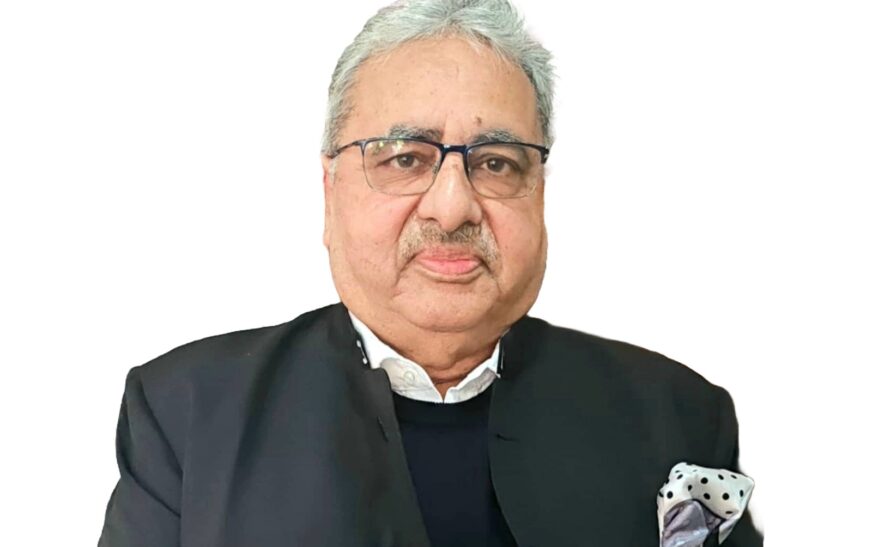
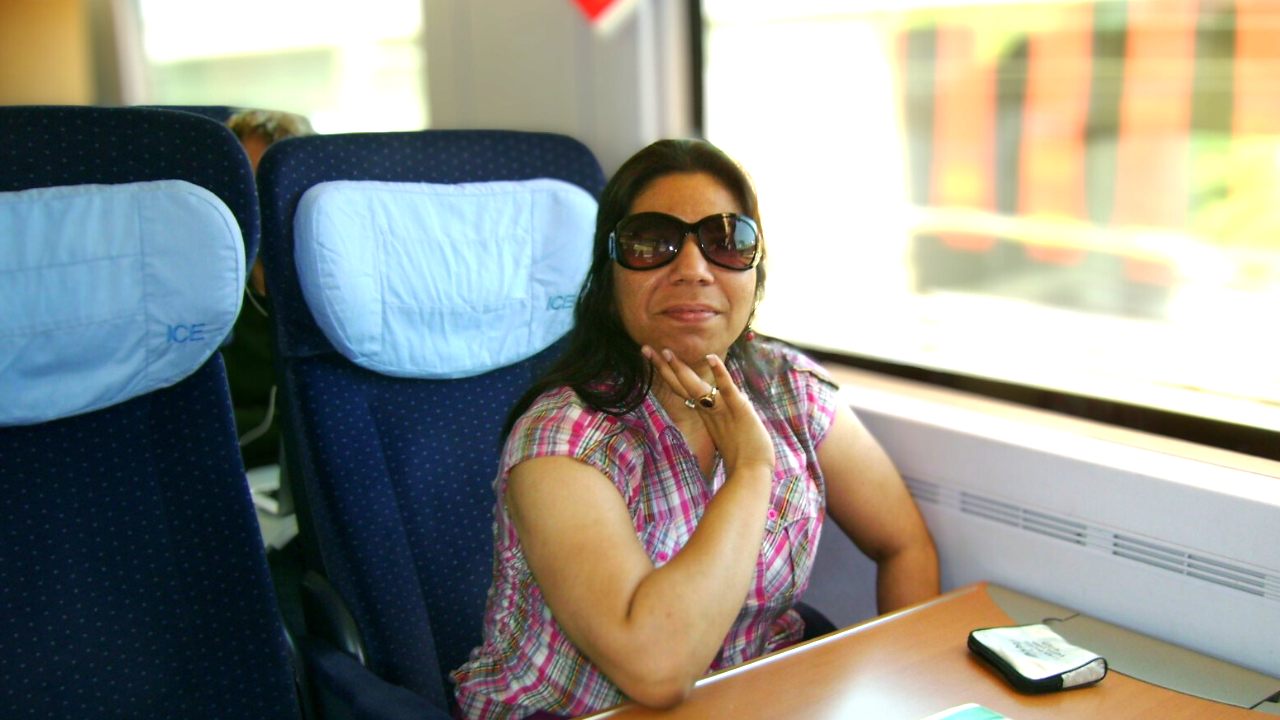
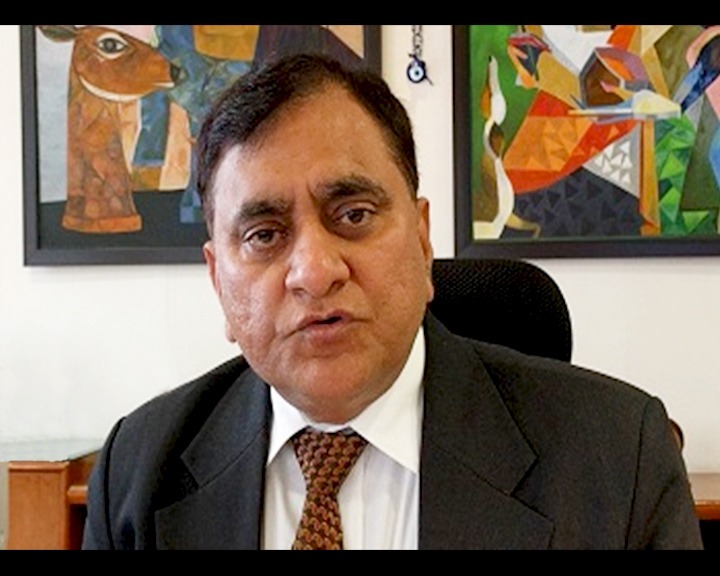

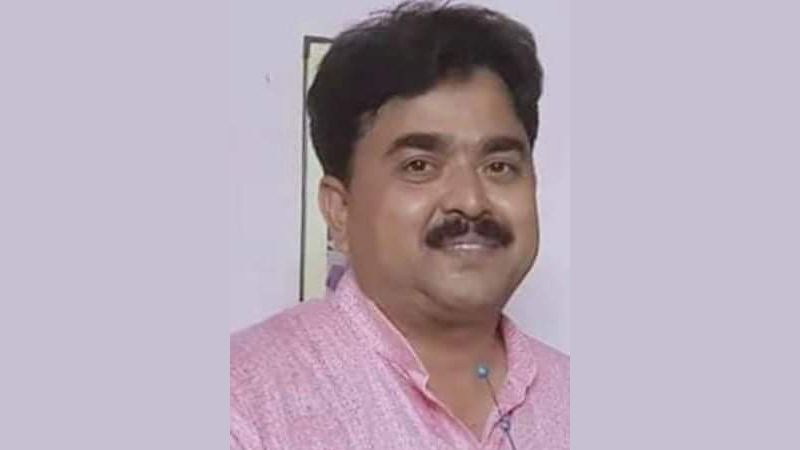


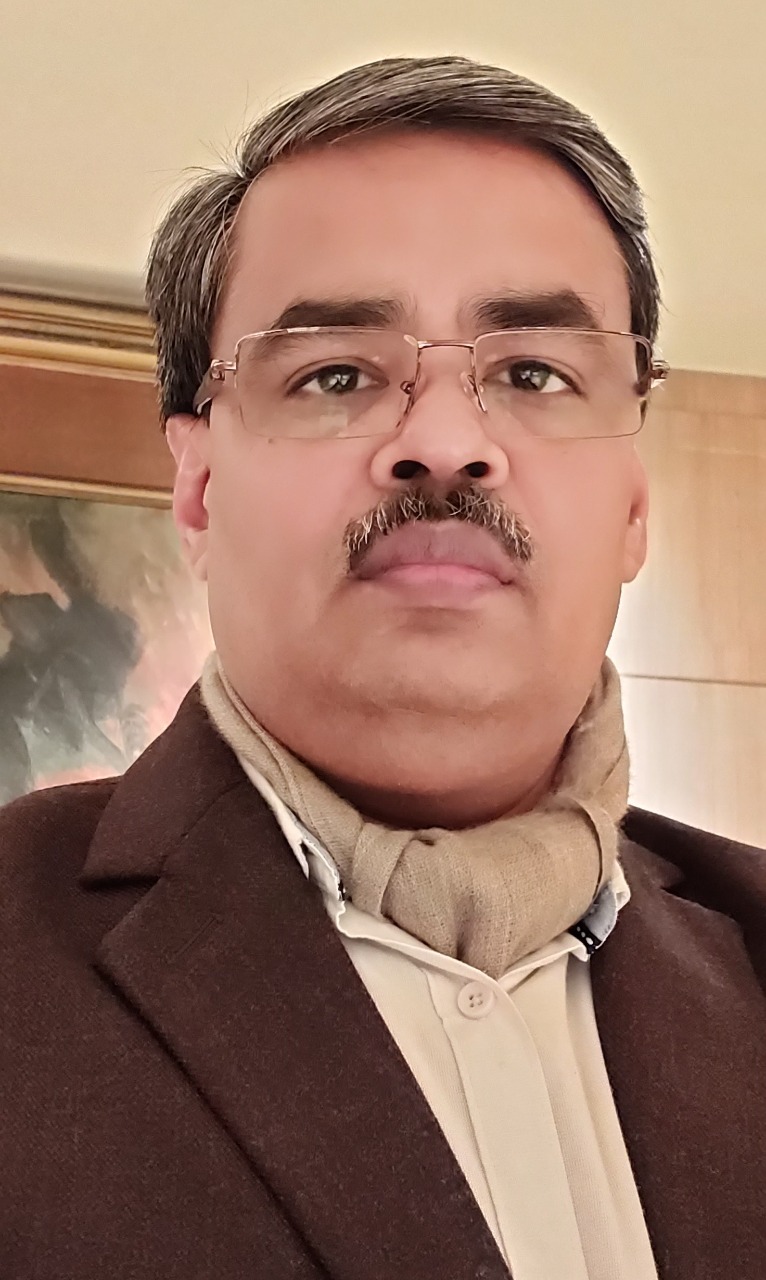
1 Comment
I haven’t checked in here for some time as I thought it was getting boring, but the last several posts are great quality so I guess I will add you back to my everyday bloglist. You deserve it my friend 🙂
Comments are closed.